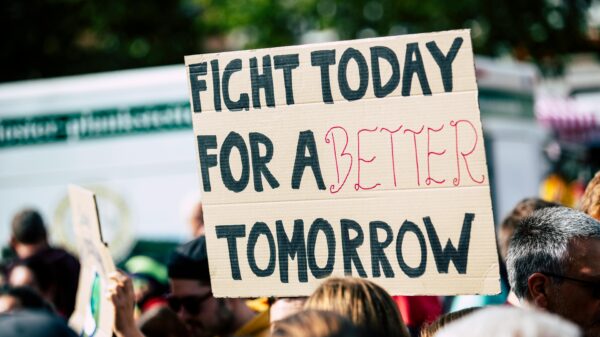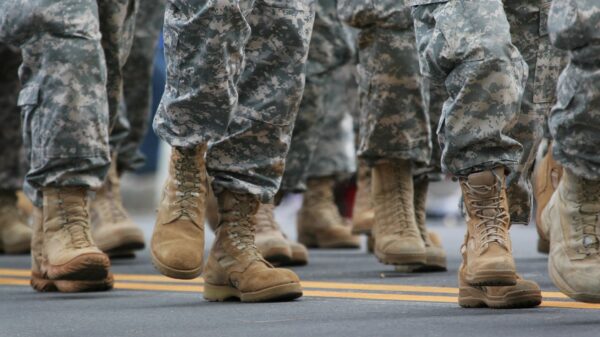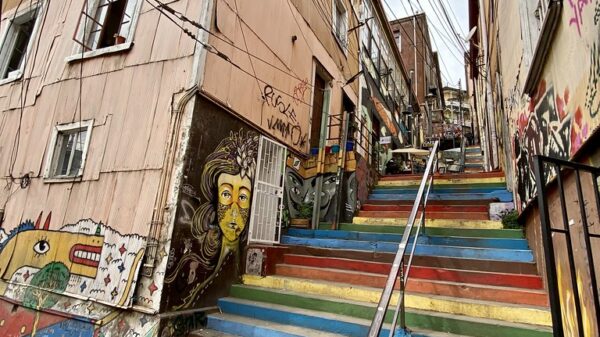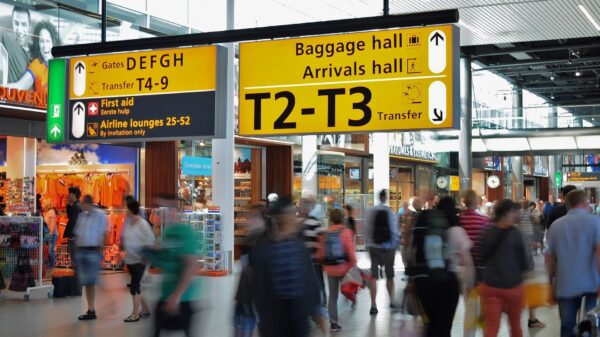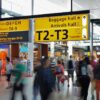At 12:01 a.m. ET on Monday, the U.S. enacted a sweeping travel ban, extending its reach to 12 countries—including Haiti—marking a shift toward more restrictive immigration enforcement. While overstays—31% for B1/B2 and 25% for student visas—served as the policy rationale, the true impact hits communities hardest. Haitian families in Miami, NYC, and beyond scramble to adjust to borders that have suddenly closed.
Under this ban, exceptions exist: green card holders, athletes, students, and certain diplomats may still enter. But for a mother whose child requires urgent cardiac care or a Ph.D. candidate awaiting her visa, those exemptions feel too narrow. Advocates are warning of a brewing humanitarian disaster, pushing a narrative that this isn’t security—it’s separation.
This shift is a line drawn in the sand: some lives count less. Haitians here, though legal, may experience renewed fear. Local leaders in Miami and New York are mobilizing, considering legal action. Beyond any courtroom, is the deeper country-wide question: Do we welcome, or do we wall off?
In a political era marked by division, immigration policy becomes a prism reflecting our values. Will we reaffirm community and compassion…or posture around borders and numbers? For Haitian families—those torn between hope and heartbreak—these next weeks will test the meaning of home.

